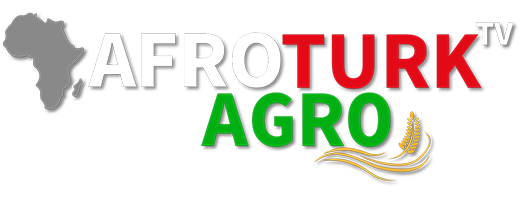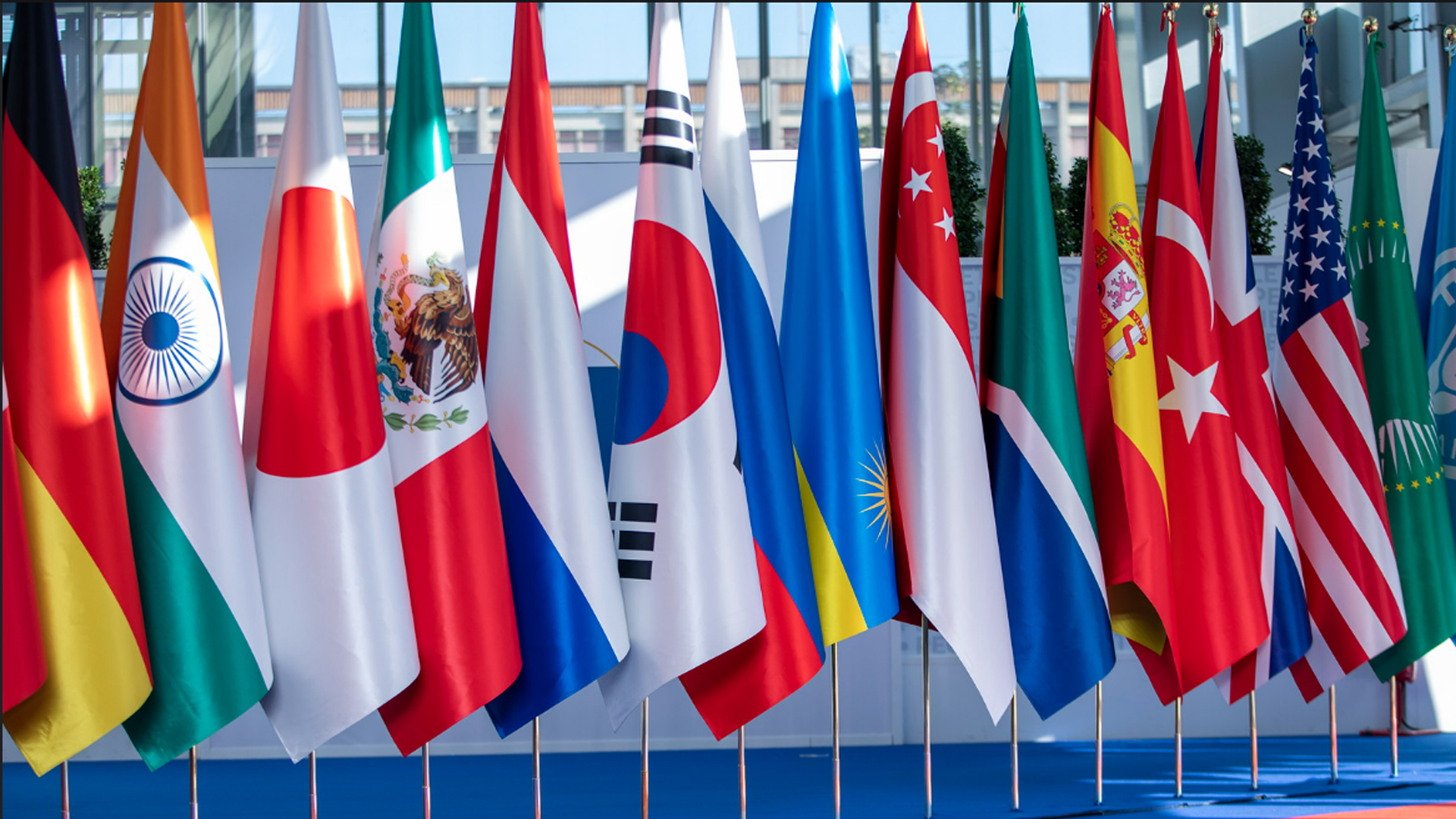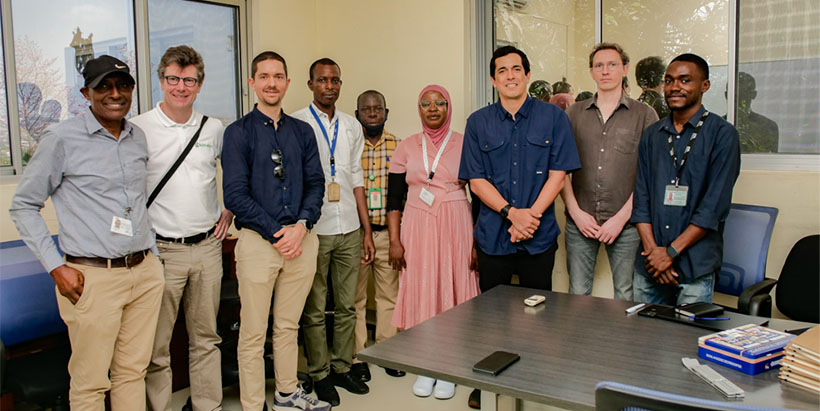WATEA host stakeholders during progress review workshop
.jpeg)
WATEA host stakeholders during progress review workshop
IITA–CGIAR, in collaboration with the French Government, recently hosted a stakeholders’ workshop at the IITA Conference Center from 27 to 31 January. As the lead implementing organization for the Women in Agricultural Technical Education and Apprenticeship in Nigeria (WATEA) project, IITA organized this workshop to assess the program’s two-year achievements and equip stakeholders with the necessary tools and expertise to implement competency-based technical education, aiming to foster collaboration, innovation, and capacity building within the WATEA project.
The workshop brought together key stakeholders, including the Heads of beneficiary institutions such as ABCOAD, ANSPOLY, BUPOLY, ESPOLY, Kwara State Polytechnic, LAUTECH, and OYSCATECH. Representatives from the National Board for Technical Education (NBTE) and small and medium-sized enterprises (SMEs) also participated, alongside Commissioners of Agriculture, Education, and Women Affairs from Anambra, Enugu, Jigawa, Kano, Kwara, and Oyo states.
In his welcome address, IITA DDG Partnerships for Delivery (IITA-P4D) Kenton Dashiell, emphasized the critical role of partnerships between the government and private sectors in achieving IITA’s mission. He noted that such collaborations have been instrumental in executing numerous projects aimed at eradicating hunger and malnutrition and improving Africa’s economic landscape.
French Ambassador to Nigeria, Marc Fonbaustier, lauded IITA’s dedication and expertise in implementing the WATEA project. He highlighted the institute’s unwavering commitment to education, research, and capacity building as exemplary.
Amb. Fonbaustier commended IITA’s success stories and underscored WATEA as a testament to its positive impact. He further emphasized that the WATEA model prepares youth to become innovators and leaders in the agricultural sector. By empowering a new generation with sustainable agricultural practices and modern technologies, the project is driving the transformation of Nigeria’s agricultural landscape. He encouraged all participants to leverage the opportunities provided by WATEA fully.
Agriculture Counselor at the French Embassy in Nigeria, Sonia Darracq, reaffirmed the French Government’s commitment to enhancing agricultural technical education in Nigeria. She highlighted opportunities for selected technical schools to strengthen their apprenticeship programs, ensuring students receive hands-on, industry-relevant training.
Enugu State Commissioner for Children, Gender Affairs, and Social Development, Mrs. Ngozi Enih-Valentina, delivered a goodwill message emphasizing the crucial role of collective efforts in advancing women’s participation in agriculture. She noted that the workshop would guide decisions to combat gender-based violence, promote gender equality, and enhance women’s economic empowerment.
Throughout the workshop, stakeholders explored strategies for developing a successful apprenticeship system tailored to the needs of students in Nigerian technical schools. The event also featured testimonials from WATEA beneficiaries, highlighting the program’s transformative impact.
One of the beneficiaries, Chinaza Okoro, from ESPOLY, shared her experience, stating, “I can now produce my own high-quality honey and differentiate between genuine and counterfeit products. Additionally, I have learned to create various products from beeswax. WATEA is here to stay.”
Another beneficiary, specializing in the animal husbandry value chain, recounted how the program equipped her with the skills to process animal products into finished goods such as milk and yogurt. She also gained essential business skills, including planning, analysis, and soft skills tailored to women’s entrepreneurship. “With an initial capital of ₦5000, I started a milk candy business, which has grown to over ₦15,000. I am immensely grateful to WATEA for its inclusive approach and empowerment initiatives,” she expressed.
The workshop provided a platform for stakeholders to explore strategies for enhancing technical education in agriculture, promoting structured apprenticeship programs, and bridging the skills gap in Nigeria’s agribusiness sector. With the outcomes including improved quality of technical agricultural education and increased women’s participation in technical agriculture.
Concluding with an exhibition showcasing products developed by WATEA beneficiaries, the workshop further reinforces the program’s impact on fostering innovation, economic growth, and technical education in Nigeria’s agricultural sector.
The WATEA Project has successfully trained over 3,000 beneficiaries across six states and seven selected institutions, equipping them with technical agricultural and entrepreneurial skills. The next phase apprenticeship will commence in the coming weeks, pairing students with leading SMEs in each state. This hands-on experience will enable them to apply their training, gain confidence, and become valuable contributors to the technical agricultural sector.
Contributed by Anita Akinyomade and Isaac Ajayi



